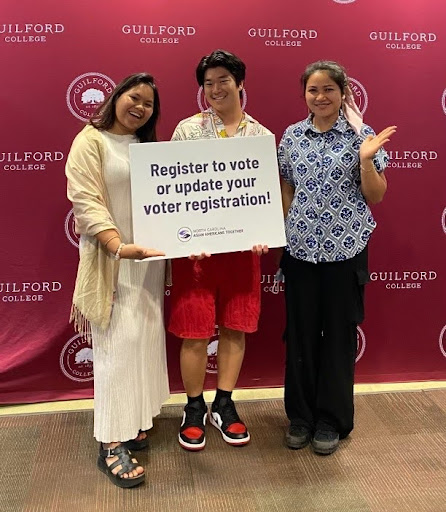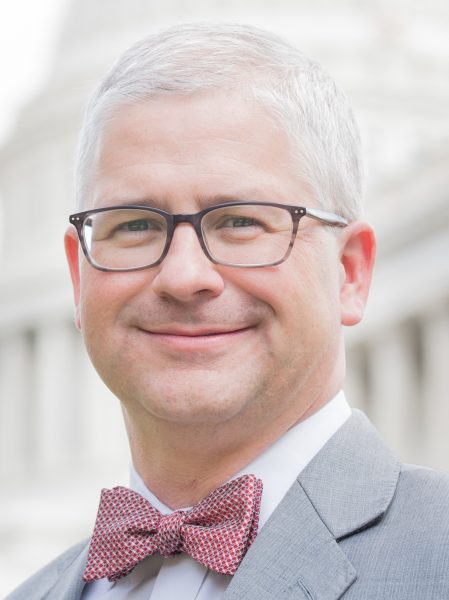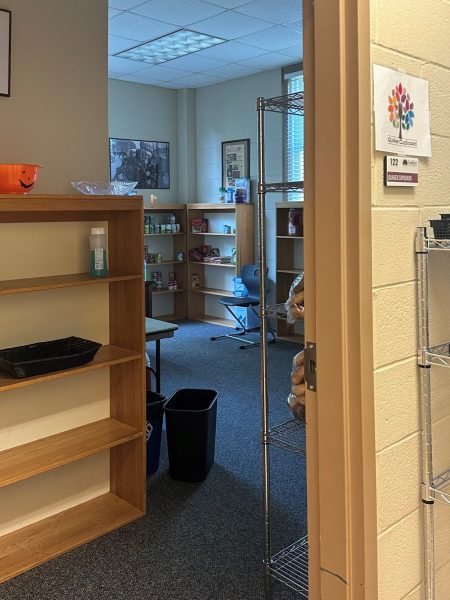Do you want to talk about it?
Lifting barriers to access to Guilford’s mental health resources
The Counseling Center at Guilford offers one-on-one counseling services at 1203 Rachel Carson Court.
Over 60% of college students meet the criteria for at least one mental health condition, according to the 2013-2021 Healthy Minds Study. Student mental health is a pressing concern for professors and administrators, especially as a need for support and counseling — a need drastically escalated by the pandemic — outpaces the resources colleges are currently equipped to provide.
“Colleges have limitations and they have restrictions because they get a certain amount of money,” said Guilford College’s crisis and wellness counselor, Jameson Sellers, who has worked at the Student Health and Counseling Center since August 2022. “I think with what we’re allocated, we do the best that we can.”
Sellers and her colleagues provide a huge variety of services, including education on personal, sexual and relationship health. “Our mission is essentially to create opportunities that support students’ overall wellness and health, whether that’s connecting them to a doctor or connecting them to a psychiatrist, or providing counseling,” Sellers said.
The Counseling Center at Guilford is one of hundreds of student health services at colleges which provide critical services to students in need. According to a report by the Center for Collegiate Mental Health at Pennsylvania State University, over 1 million students made appointments with counseling centers at their schools during the 2021-2022 school year.
“(Counseling centers) can be the hub for when students come in and they share with us what they’re going through and we get them connected to somewhere else,” Sellers said.
At Guilford, those who work at the Counseling Center often reach out to encourage students to come to the center and talk to professional counselors like Sellers, or help connect students to off-campus resources to address their concerns. Sellers said that often, the first barrier is getting students into discussions with counselors, “because the student doesn’t know an office exists, or they don’t know someone personally in that office, they’re not really motivated to go outside of (their) comfort zone and go into that space.”
Access to mental health resources is an increasing concern. Stigma against mental health and therapy prevents some students from reaching out for help, and others are uncomfortable with in-person meetings during a pandemic. According to a recent report from the Center for Collegiate Mental Health, 51.4 percent of meetings with college counseling services across the U.S. in 2022 were over video, while 36.9 percent of meetings were in person. The Counseling Center at Guilford provides several options for meeting formats, including a Zoom option, but booking is challenging for some students, especially since according to the report, 64.9 percent of students seeking counseling at colleges list anxiety, including social anxiety, as a concern.
“Students can call, they can email or they can walk over (to schedule an appointment), but what would be amazing is having some sort of online system where you can book an appointment online and do it in three seconds and then you have your appointment,” Sellers said. She hopes that more accessible and less stressful options for booking and communication would encourage more students to reach out.
Some students know little about the counseling services Guilford offers, which makes them less likely to reach out for help.
Sellers wants to combat this lack of information by raising awareness of what the Wellness Center can do through social media and visits to classrooms. She hopes that this outreach will show students that the Counseling Center has a living presence on campus and is willing to provide services.
There’s no shame in reaching out to get help for any health concerns, mental or physical. Students can get in touch with the Counseling and Wellness Center and ask questions, or they can schedule a free, confidential session by emailing [email protected], calling (336) 316-2163 or visiting the center’s offices at 1203 Rachel Carson Court, open Monday-Friday, 8:30 a.m.-5 p.m.











